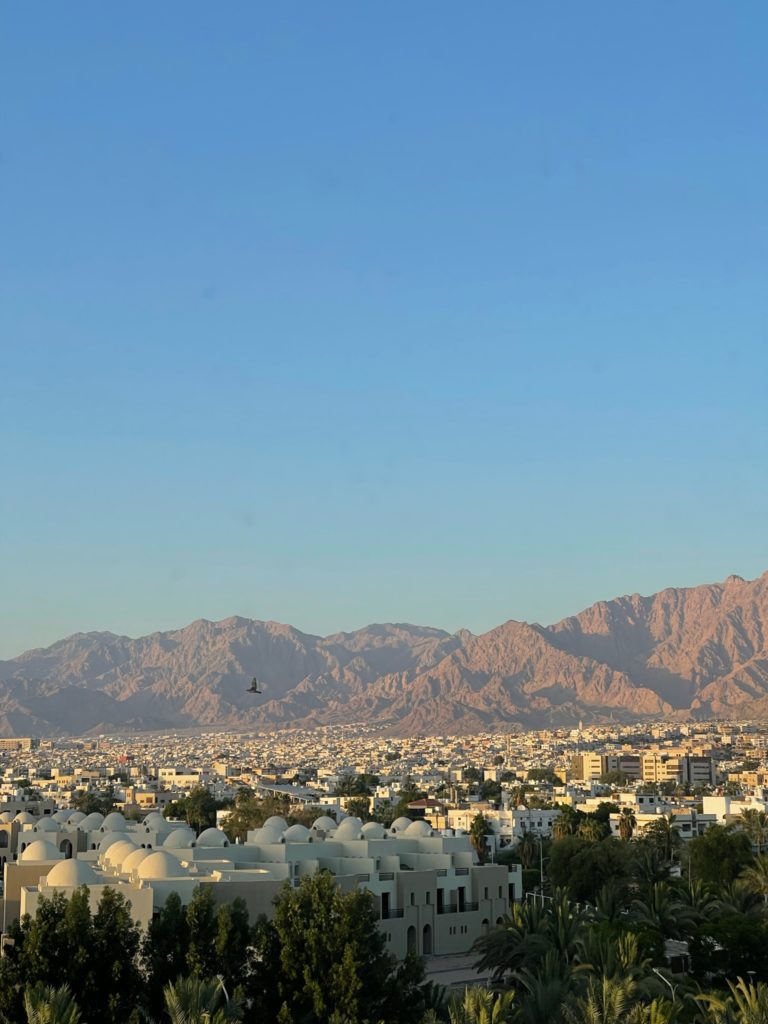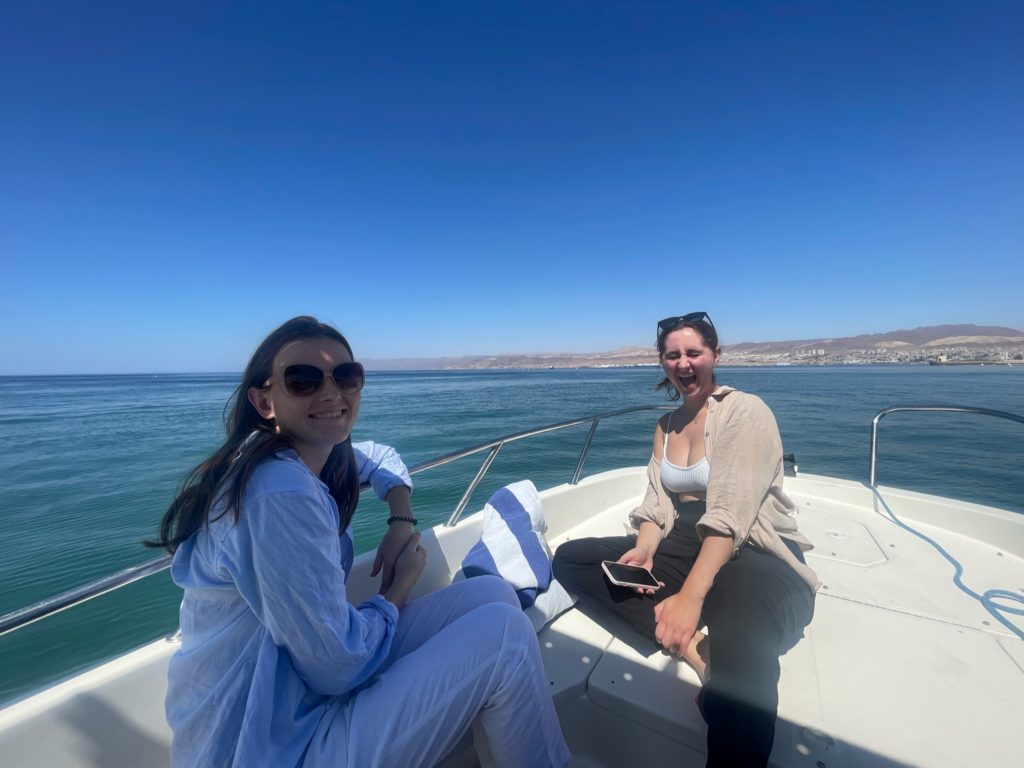
Studying at a German language center abroad means that my classmates come from countries all over the world. When eating at a restaurant with a group of students in my class, our waiter was thrilled to find out that two of my friends speak Italian. Translated by my friends, he told them our lunch sounded like the beginning of a joke (“A Russian, an Italian, and an American walk into a restaurant…”). Getting to know students from other cultures who also want to improve their German language skills has been important in helping me understand the value of language learning. I’ve noticed my favorite conversations with my classmates have often been centered around the question: “Why German?” The answer to the question is incredibly varied. While some students are learning German intensively because they already study it in their schools or simply enjoy learning the language, others learn German out of necessity. Regardless of the reason they’re learning German, my time in Radolfzell so far has been defined by my friendships and conversations with my fellow students.
Unlike a German class back home, German culture is not explained comparatively to specifically American culture here. One of the first things I noticed when I arrived in Germany was a difference in attitude surrounding driving and crossing the street. In my small town back home it is acceptable for a pedestrian to cross the street on a red light if there no cars around. I quickly learned this was not a universally accepted mode of crossing the street. I had a similar learning curve my first day as I figured out which lane was for walking and which was for biking. I’m happy to share that I have adjusted to the orderliness of German crosswalks and sidewalk lanes (although I do sometimes still find myself nervous whenever I come across an unfamiliar sidewalk system.) Although to me it seemed that drivers in Germany were much less friendly than in America, some of my friends from other countries experienced the opposite. This hesitation in crossing the street I had seemed silly to my friend from Russia who felt much more at ease crossing the street here in Germany. Because many of my classmates did not share my former experience of “friendly” drivers and lenient pedestrian crossing, this was not an aspect of German culture that we viewed in the same way.




